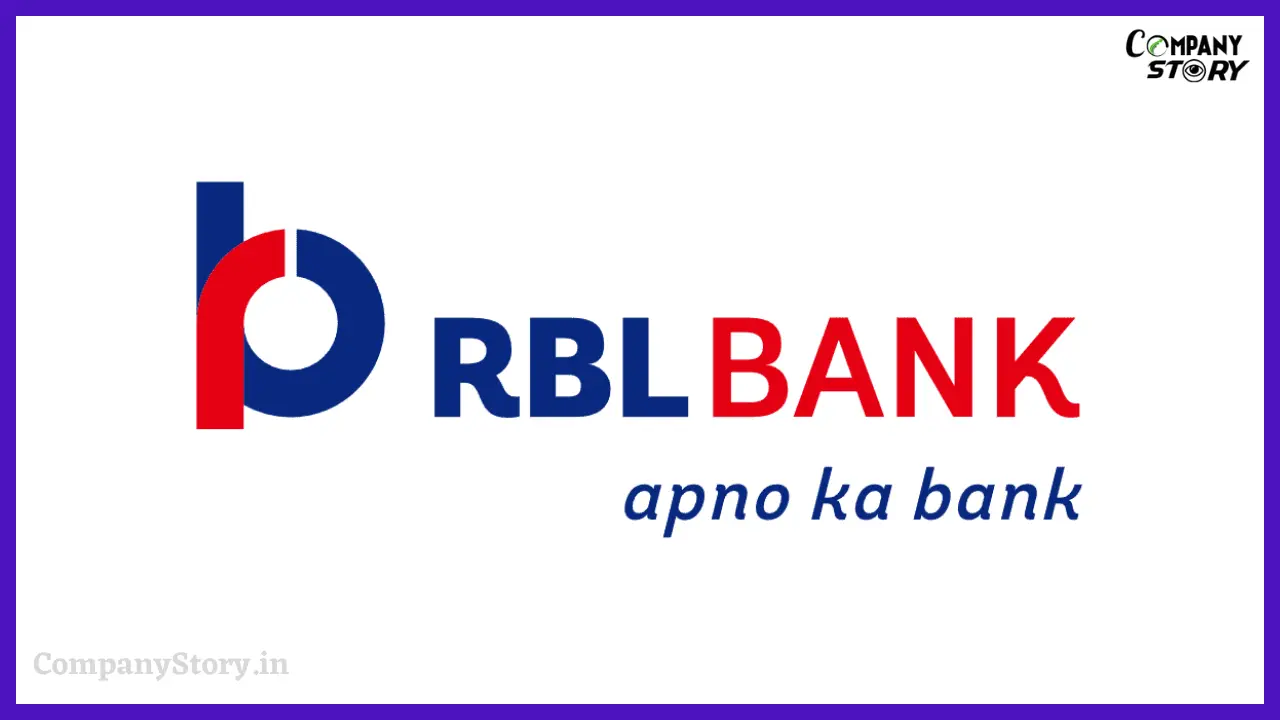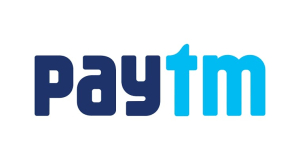In simpler terms, this shift is often referred to as the ‘bin’ process. What this means is that any transactions made with Visa, Mastercard, or RuPay cards at Paytm’s PoS terminals will now be processed and settled through RBL Bank’s system.
The payments will go through Axis Bank’s special accounts before being sorted out with the sellers. Paytm might set up similar accounts with other banks later on, but for now, they’re using Axis Bank. So, when you make card payments, they’ll travel from RBL Bank to Axis Bank.
Last month, Paytm made a move, transferring the nodal account of Paytm Payments Bank to Axis Bank. The big fintech player explained that they’ve smoothly transitioned by setting up an escrow account with the private bank, ensuring that merchant settlements continue without any glitches.
This shift happened because the RBI put out a directive, stopping Paytm Payments Bank from accepting deposits, credit transactions, or top-ups in any customer accounts after February 29, which got extended to March 15 later on.





